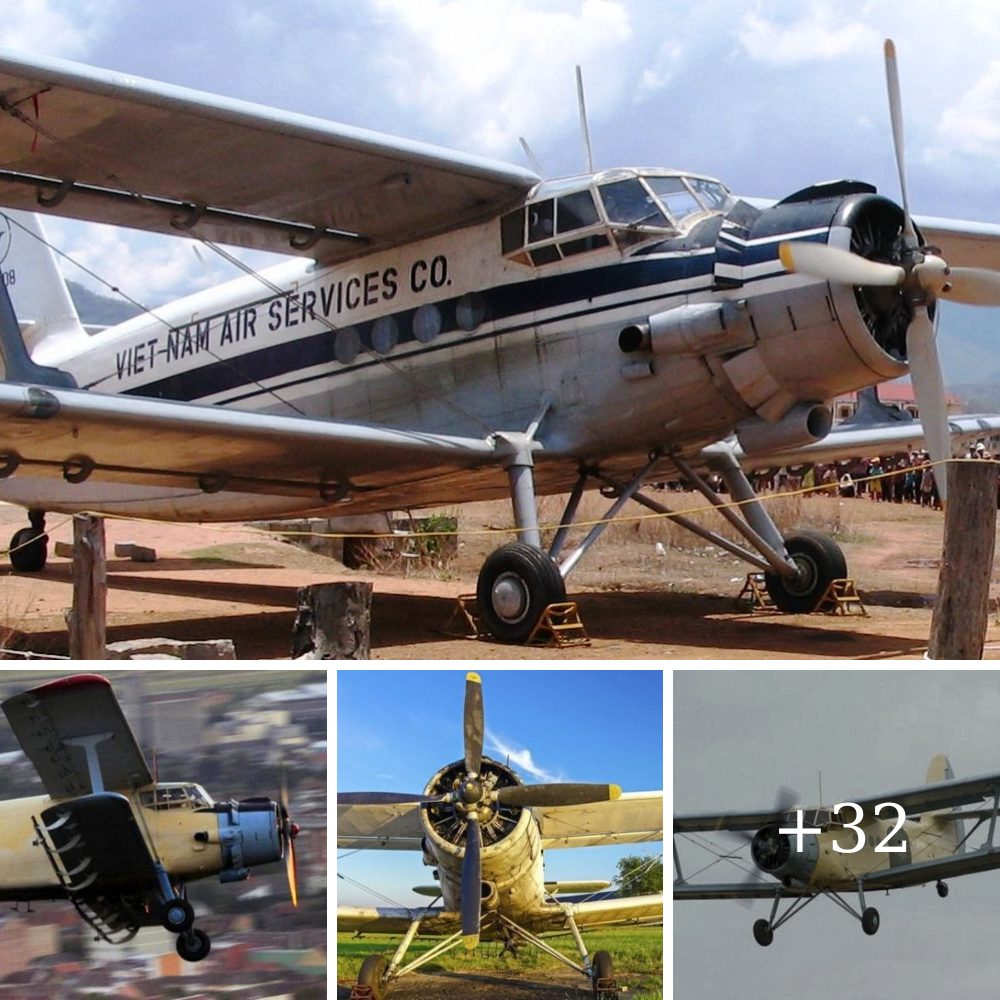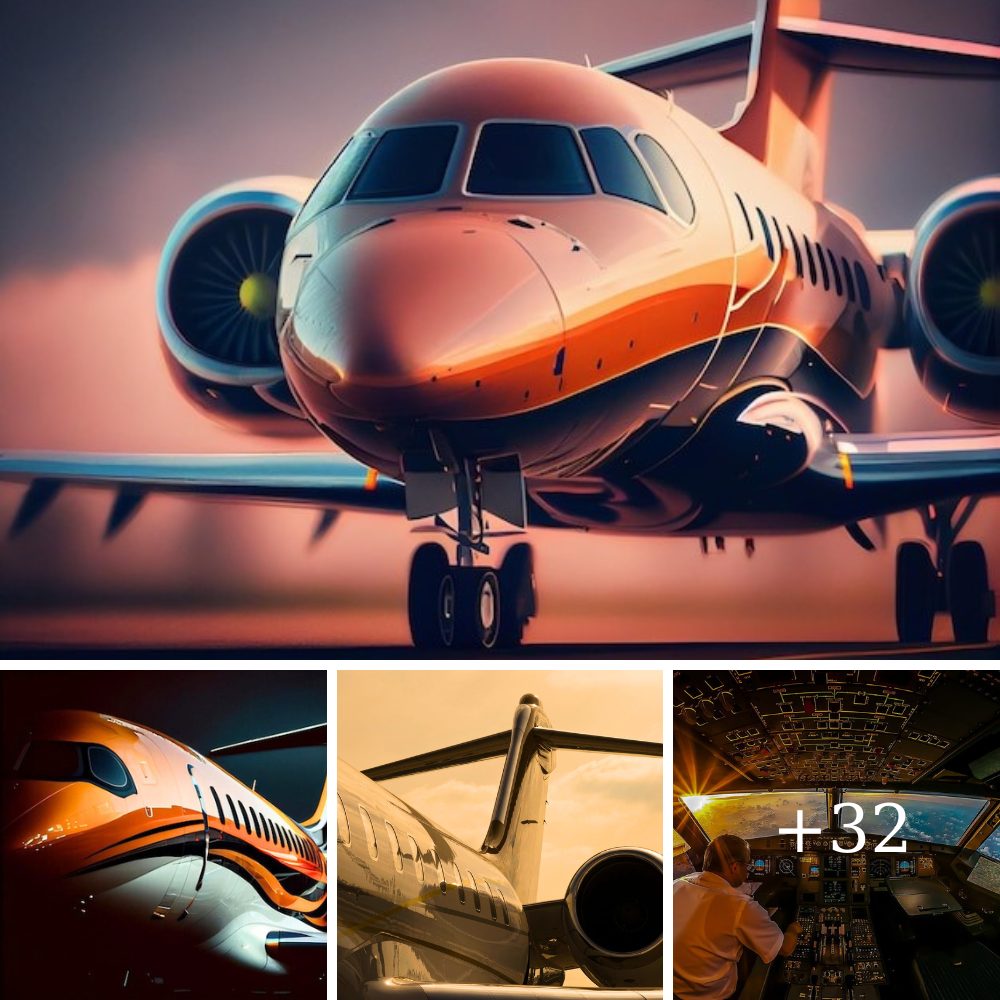Mobility and its pillars of transport (air, inland and maritime) are at the very center of our socio-economic fabric. They underpin social connections and facilitate access to goods and services, including trade, jobs, health care and education. In today’s world, mobility by air, road and water is all about efficiencies, speed, interconnectivity and accessibility by all. However, this raises the issue about sustainability. The UN predicts that by 2050 two thirds of the world population will live in cities1. How can we adapt and enhance today’s already-stretched mobility system for it to respond to our expectations and increased demands? How can mobility be reinvigorated for it to be sustainable and support the 2030 Agenda of Sustainable Development and its 17 Sustainable Development Goals (SDGs)?
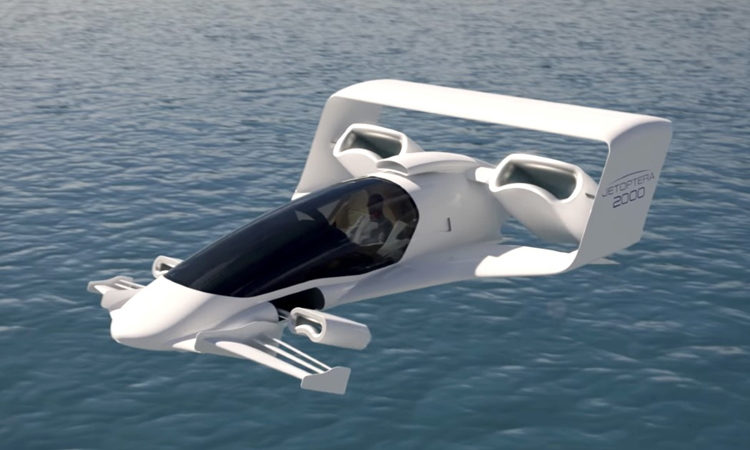
For a start, mobility actors should come together in a shared vision. This is where the World Bank-led Sustainable Mobility for All (SuM4All) steps in. For the first time ever, the SuM4All provides the transport sector and its modes of transport with the opportunity to speak with one voice and jointly unpack a Roadmap of Actions that is tailored to countries and cities to implement on a voluntary basis. The SuM4All includes all modes of transport, including aviation. Aviation facilitates access to countries and cities, increases multi layered efficiencies in travel and makes safety and security in travel top priorities. The aviation sector is rapidly taking gender equality at heart.
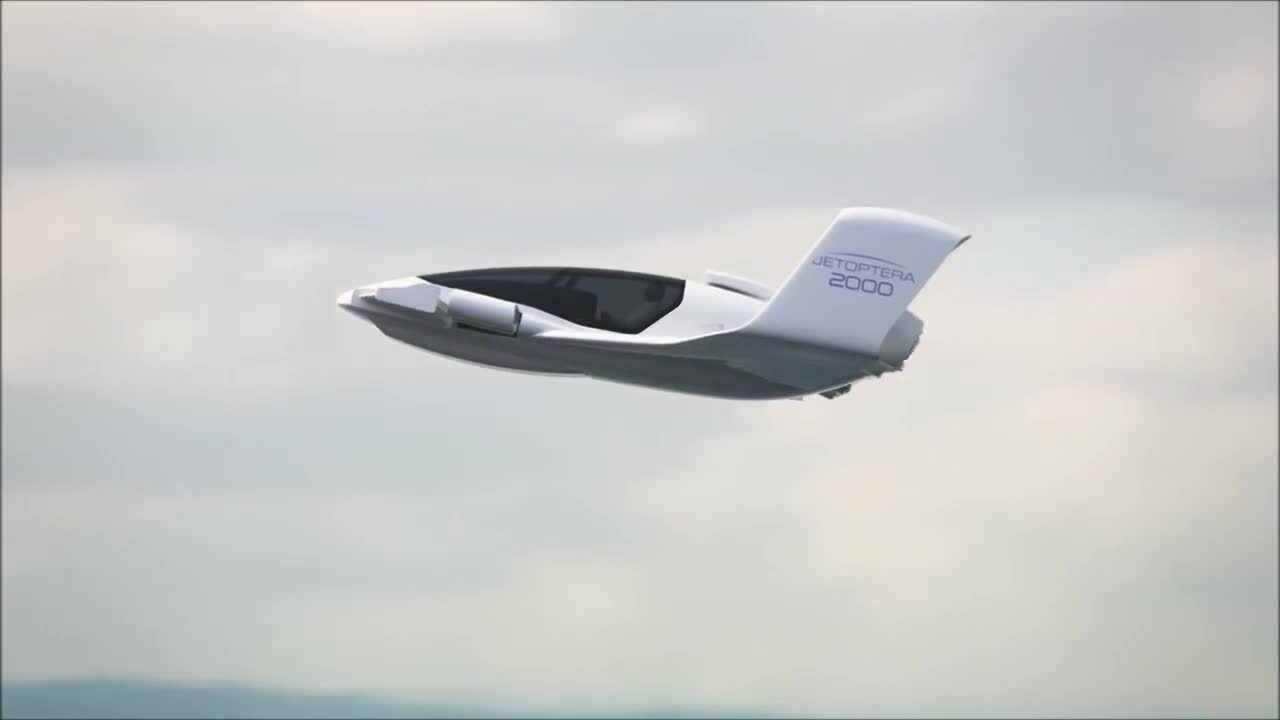
The World Economic Forum proposes that the deployment of these private sector and government innovations to address mobility challenges can contribute to an improved mobility landscape – if they are deployed in a coordinated and collaborative way that aims to optimize the entire transport system. Unfortunately to date, these efforts in many instances may be exacerbating transport issues, most notably by adding congestion and complexity while also creating inefficiencies between public and private modes of transport.
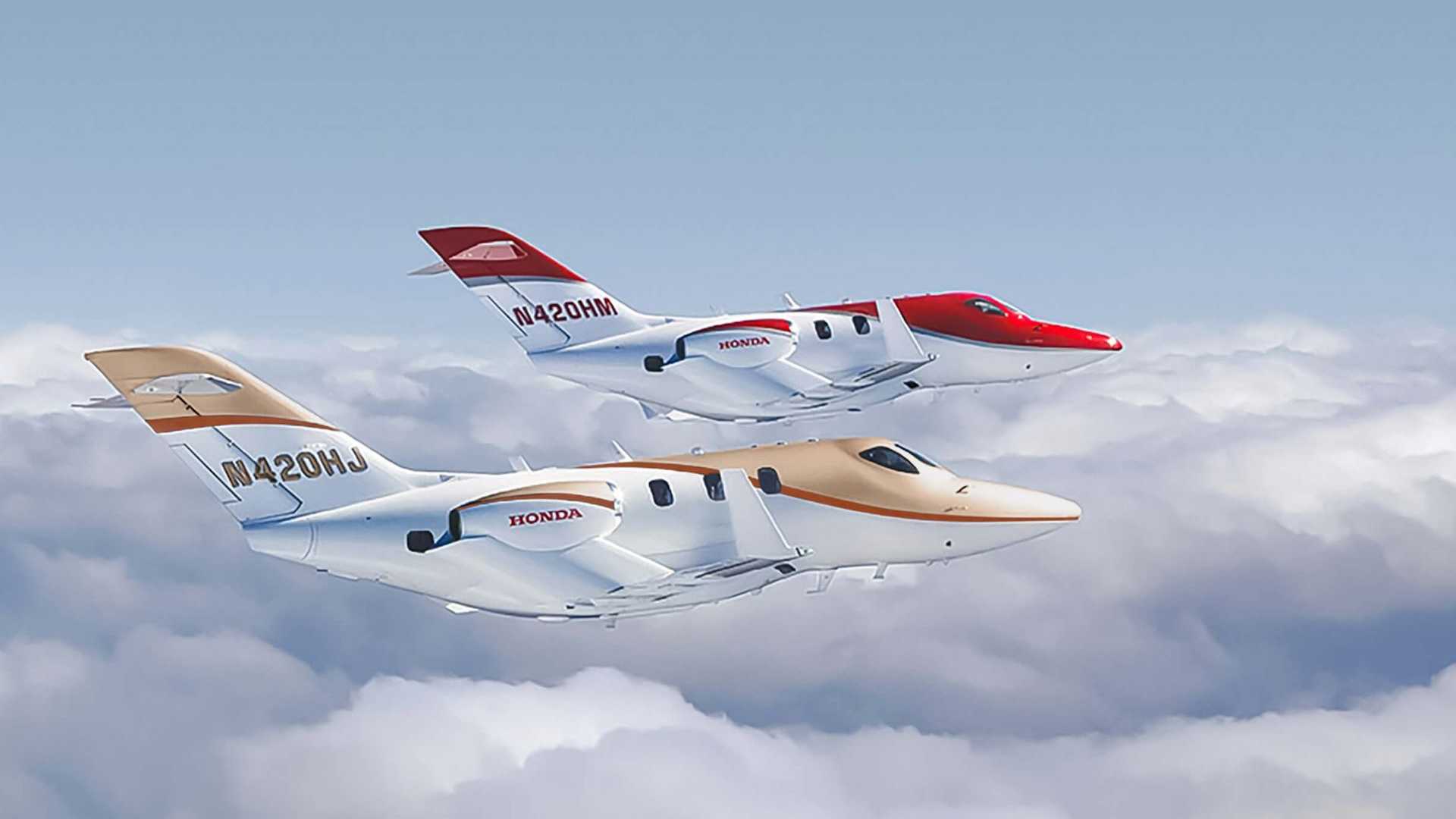
In a little over a century, our industry has gone from learning to fly, to learning to fly faster, learning to fly further, learning to fly heavier planes, and now to having 100,000 plus commercial flights occurring around the world each and every day – representing over 400 departures per hour! Aviation has truly has been at the forefront of innovation to become one of the safest and most reliable modes of transportation in the world today.
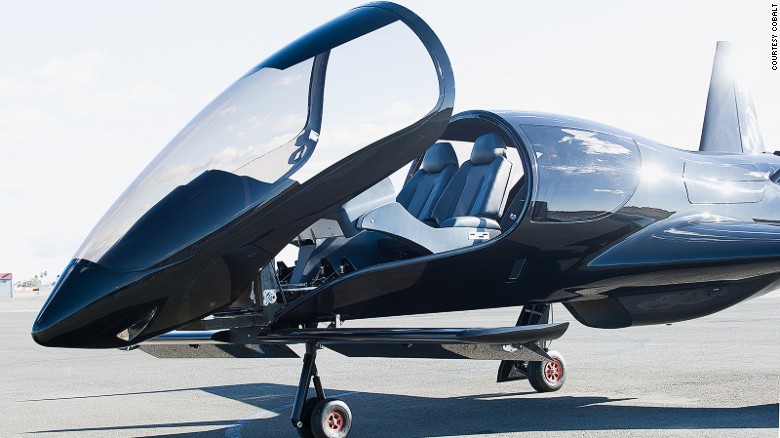
Within the 2030 Agenda framework, ICAO was identified as the custodian agency of the global indicator for Passenger and Freight Volumes, by Mode of Transport. ICAO monitors and provides data to measure the progress of States building resilient infrastructure, promoting inclusive and sustainable industrialization and fostering innovation.



